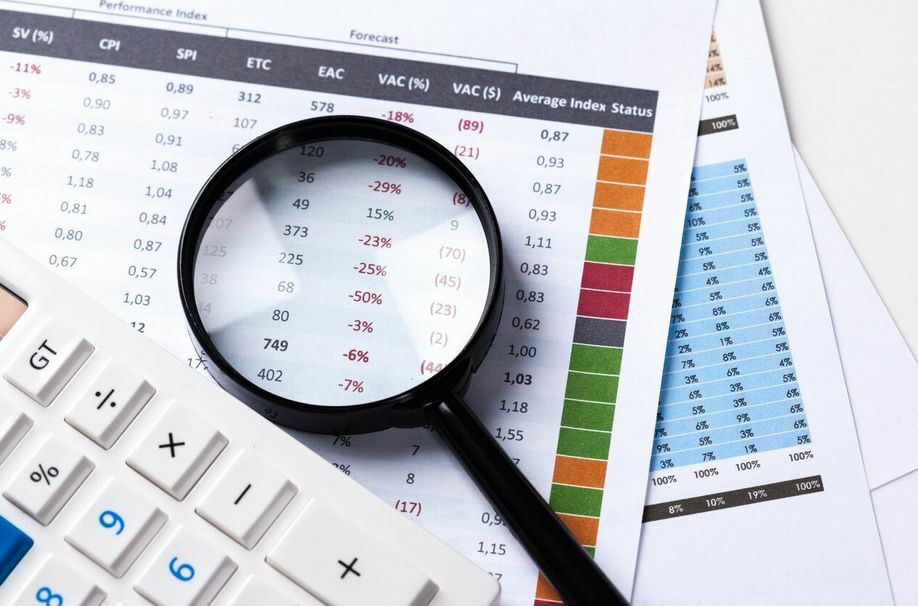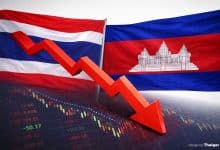Thailand’s fiscal position geared to absorb potential economic shocks

According to Pornchai Thiraveja, the director-general of the Fiscal Policy Office, Thailand’s robust fiscal position is well-equipped to buffer any potential economic shocks. The country boasts a fiscal space substantial enough to absorb crises equating to 10% of the GDP.
The Thai financial institutions are stable economically, with a 19.9% Bank for International Settlements ratio, which is well above the threshold set by the Bank of Thailand at 8.5%. Despite non-performing household loans accounting for 2.7% of total outstanding loans, the financial stability is set to bolster long-term efficient growth, reports Bangkok Post.
The government’s fiscal cushion is prepared to handle future shocks amidst escalating uncertainty. Although public debt-to-GDP ratio is estimated to reach 11.1 trillion baht by the end of the fiscal year, a significant portion of this comprises public debt that the government is not directly liable for. Known as contingent liabilities, these amount to 1.79 trillion baht (US$52 billion), or 10.1% of the GDP, predominantly the debt of state enterprises, not guaranteed by the government.
Excluding contingent liabilities, public debt stands at 52.4% of the GDP, a resilient figure capable of handling global financial market volatility. The government is well-positioned to tackle future economic risks, given Thailand’s economic structure’s flexibility and robustness against various risk factors.
Pornchai highlights the high dispersion of GDP contribution across sectors, allowing the economy to manage internal and external risk factors. If one sector experiences stagnation, others can drive the economy. The financial sector benefits from strong, balanced regulations and supervision, complemented by compliance with international standards, reinforcing its resilience against financial risks and vulnerabilities.
The labour force in Thailand is relatively flexible, able to counteract adverse economic shocks through the informal sector, particularly agriculture. Transitions to other industries or countries are not difficult, and the farming sector plays a crucial role as a producer of crops for domestic consumption and exports. This sector has the potential to bolster the economy during a crisis or economic slowdown.
Moreover, the government’s timely policies that align with the economic context and sound fiscal and monetary policies have facilitated the country’s adaptation in times of crisis. An example of this is the leveraging of digital technology to implement economic schemes such as stimulus measures, farmer debt suspension, and employment support measures.
Thailand’s strategic location in the heart of Southeast Asia also creates an ideal regional hub for trade and investment, especially for new S-curve industries and the Eastern Economic Corridor.
In related news, Thailand urges Australia to expand trade and investment ties.
Latest Thailand News
Follow The Thaiger on Google News:


























